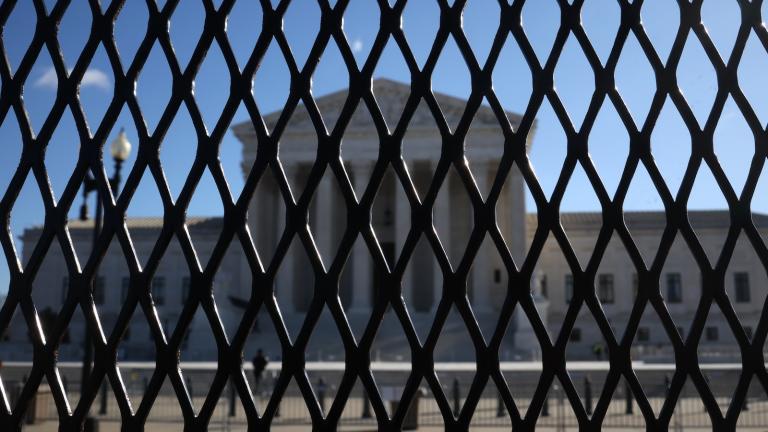There’s heated debate in green circles about the Gang of 20 Senate energy bill — the New Energy Reform Act of 2008 — which would open up some offshore drilling in exchange for modest support for alternatives, paid for by closing tax loopholes that benefit the oil industry.
What hasn’t gotten much press is that the bill also offers unlimited taxpayer loan guarantees for new reactor construction, what Michael Mariotte of the Nuclear Information and Resource Service calls "the most significant taxpayer-backed boost to nuclear power ever."
A 2003 CBO report estimated a 50 percent failure rate on loan guarantees for new nuclear, and as Mariotte points out, "that was back in the day when CBO was thinking the guarantees would cover about 50% of the cost of a new reactor — now the guarantees have to cover 80% of the cost, unless the utilities want less."
So if it passed, what kind of bill could taxpayers get stuck with? Mariotte does the math:
And even if CBO is wrong and only one-quarter of the projects fail, that’s still $70 Billion or so in federal funds at very clear risk. Maybe that doesn’t sound like so much compared to what we’re spending in Iraq every year, but compare that to the $2 billion or so annual budget for renewables (and $10 billion in loan guarantees available for renewables and new transmission, not that most renewable projects need it, financing isn’t hard to come by for them), and you can quickly see how skewed Congress’ energy priorities are.
See also Bloomberg and Joe Romm. Physicians for Social Responsibility has done a full analysis of the bill [PDF]. Along with some other groups, they’re having a call-in day on Sept. 17, trying to get the message to lawmakers that voters don’t favor ginormous nuke subsidies and offshore drilling.
It’s unlikely any energy bill will pass before November, but it can’t hurt to speak up.


